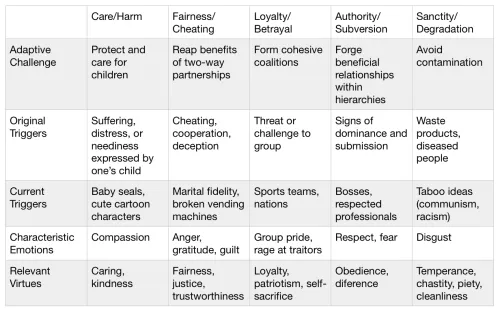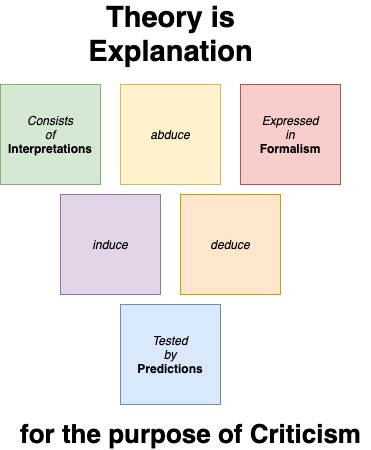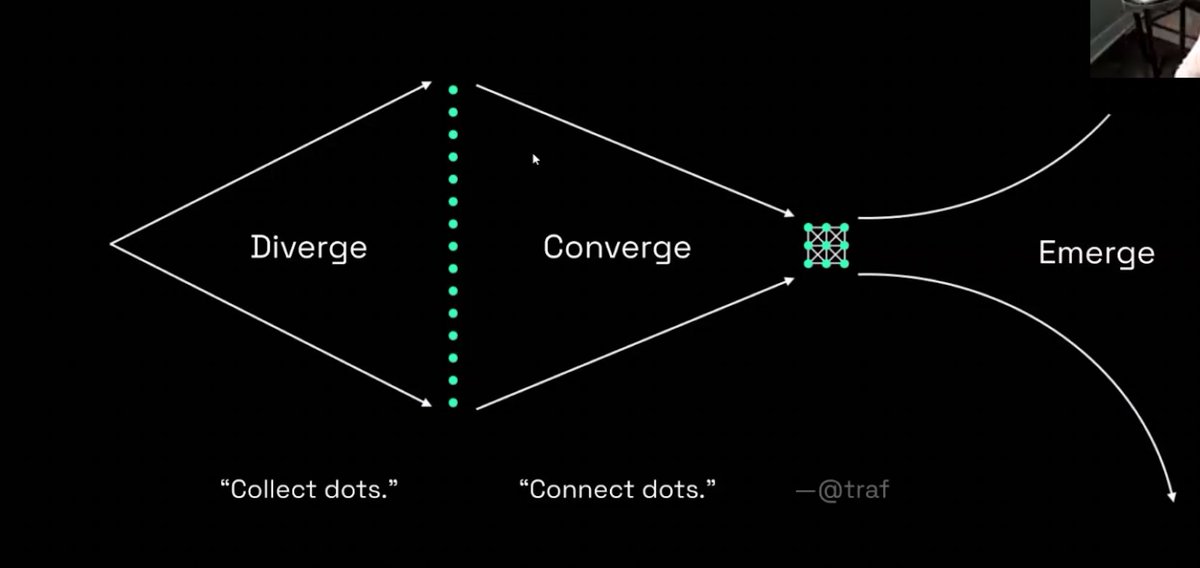This is very different from how many are taught physics (I guess in high school). We come to know of physics as consisting of laws that describe the behavior of inanimate (or is it indifferent) objects? These laws are described as expressions of equalities (i.e. equations).
But laws like Newton's f=ma or Einstein's e=mc^2 are derived from a higher meta principal. These principles are known as conservation laws. Energy, momentum, angular momentum are all conserved.
Conservation laws however are also derived from a higher principle. A conservation law implies that something remains the same as the situation of study change. Energy conservation implies that it is that something that does not change in time. In short, a symmetry.
This idea that laws are derived from conservation principles that is derived from symmetries is at the core of the study of physics. The laws of physics are only authoritative as long as they don't violate a higher principle. Ultimately, that principle is all about symmetry.
In fact, scientific method itself is all about the quest for symmetry.
https://t.co/Ja68kadhND
Reproducibility implies that a result of an experiment remains the same regardless of who performs it. Predictability implies the effect of a system remains the same given the same subset of inputs.
We can think of nature as having 3 kinds of things. Things that are (1) inanimate that behave in a deterministic manner to physical interactions, (2) alive and execute algorithms to remain alive and (3) alive but are conscious of their aliveness.
Each kind has its own conservation laws and thus its own symmetries. The symmetries of (2) and (3) can be understood in terms of the concept of individuality.
https://t.co/mGw45oGbXp
The last kind, the conscious kind, the kind with sophisticated brains are driven by homeostasis and the drive to conserve a complex milieu of selves.
https://t.co/3yfOlzDcvh
Morality, described as Haidt as consisting of any of these kinds: fairness, loyalty, authority, sanctity etc. are based on the conservation of a particular feature of society. A kind of feature who's utility is also the preservation of society.
The game that is played that is most evident in philosophy but also pervasive is science is the preservation of a philosophical take or a model of reality. All to often, thinking style of a scientist is molded by the education he received in his discipline.
To succeed in science (i.e. get tenure) one has to conform one's practices to the prevailing fashionable approach at the time. It is only the lucky few (usually the financially secure) who have the freedom to explore truly revolutionary new approaches.
As a consequence, a majority of science is practiced like it is a performance art. Most papers exist because they exhibit the technical and intellectual of their authors and not for any groundbreaking new insight.
This state of affairs has resulted in immense tunnel vision that is shared by researchers in many fields. There is a general lack of understanding of the big picture. When pressed to critique their approach to that of an adjacent field, one is left with a shallow explanation.
Too many scientists are too involved in the trenches to even understand why they are involved in the war. It's become a force of habit that perhaps when they retire they will write something about the big picture.
Even worse is this accepted idea by many that a big picture doesn't even exist! "Shut up and compute" is the modus operandi.
But what then is the big picture? Symmetry and therefore conservation.
If we are the only existential proof of a being that is able to attempt to understand reality then we have the unimaginably huge responsibility to ensure that we make it past the great filter.
https://t.co/B6isg4yvzz
What you will find in science is that there are many who have staked out the hill that they plan on defending to their death. The hill that is chosen is a consequence of personality, educational upbringing and their field of inquiry. All too often, that hill is more like a cult.
Let's say you've invested for generations a field of inquiry that assumed that the world was flat. Then comes along this chap who argues a non-intuitive description of reality that it's actually a globe. That people are standing upside down from you at the other end.
The people who made the investment are thus in a very tight spot. Either throw away all investment and start from scratch or double down throwing more into the money pit. History has shown that the more prevalent option happens to be the latter option.
The other behavior that is characteristic of humans is that projects with simple explanations tend to get the most funding.
https://t.co/sQb31N4gjx
One of the great innovations of civilizations is excess capital. Funding without conditions or even credit is the great catalyst for technological innovation. Unfortunately, what gets funded is what is the present norm of understanding.
What I'm trying to get at is that the scientific projects that do get funded are the kinds where the model of reality matches the model of reality of the people who control the funding. Often it is the case that that model is either outdated or wrong.
It tends to be outdated because social pressures tend to preserve the status quo. It tends to also be wrong because the status quo tends to be several decades behind the leading edge.
As a glaring example is research on complex adaptive systems that originated in the 1980s by the
@sfiscience . Half a century later ideas of complexity have yet to be accepted or even known by the general science community.
A majority of science is conducted using a naive reductionist approach where progress is measured by incremental improvements in the small. Constantly directed exploitation is favored over directionless exploration.
One cannot judge performance art if the movements are too avante grade. Yet innovation happens elsewhere because elsewhere does not constrain exploration.
Science makes progress by finding new symmetries but to do so requires the breaking of existing symmetries.




























